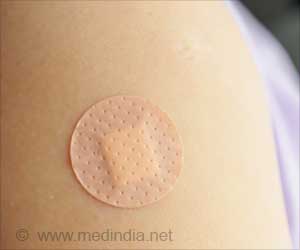Tech experts have been working towards using next-gen technologies like machine learning and artificial intelligence (AI) to make mass screening possible.

‘With a population of around 1.33 billion people, the world's largest democracy is looking at mass testing a major factor in combating the coronavirus crisis.’





Safdarjung Hospital Medical Superintendent Balwinder Arora said that mass screening is very helpful in reducing the spread as it would help identify the positive cases and hence, the same can be separated. Speaking on the same, Bikas Jha, Country Head, RealNetworks Pvt Ltd, said, "AI can support in multiple ways in tracking the infected people, such as installing AI enabled facial recognition technology along with body temperature measurement cameras at key location can identify people with fever in real time for further investigation."
"Using various algorithms and Machine Learning model, the infection spread and patterns can be predicted for authorities so that they can take proactive preventive measures," he added.
When asked if AI can help in mass testing, Jha said that enough testing data is available, and new Machine Learning algorithms can be developed which can help in quick testing at the mass level through image processing.
Throwing light on the issue, Gaurav Das of Webdesk Technologies Pvt Ltd said, "AI may help in predicting upcoming epidemics by analysing several data of human travel and airlines' movement path, which in turn will give local authorities more time to prepare for the plan of action. It can not only predict, but also help in identification and development process of curing and reducing the process for development of vaccines."
Advertisement
Source-IANS











